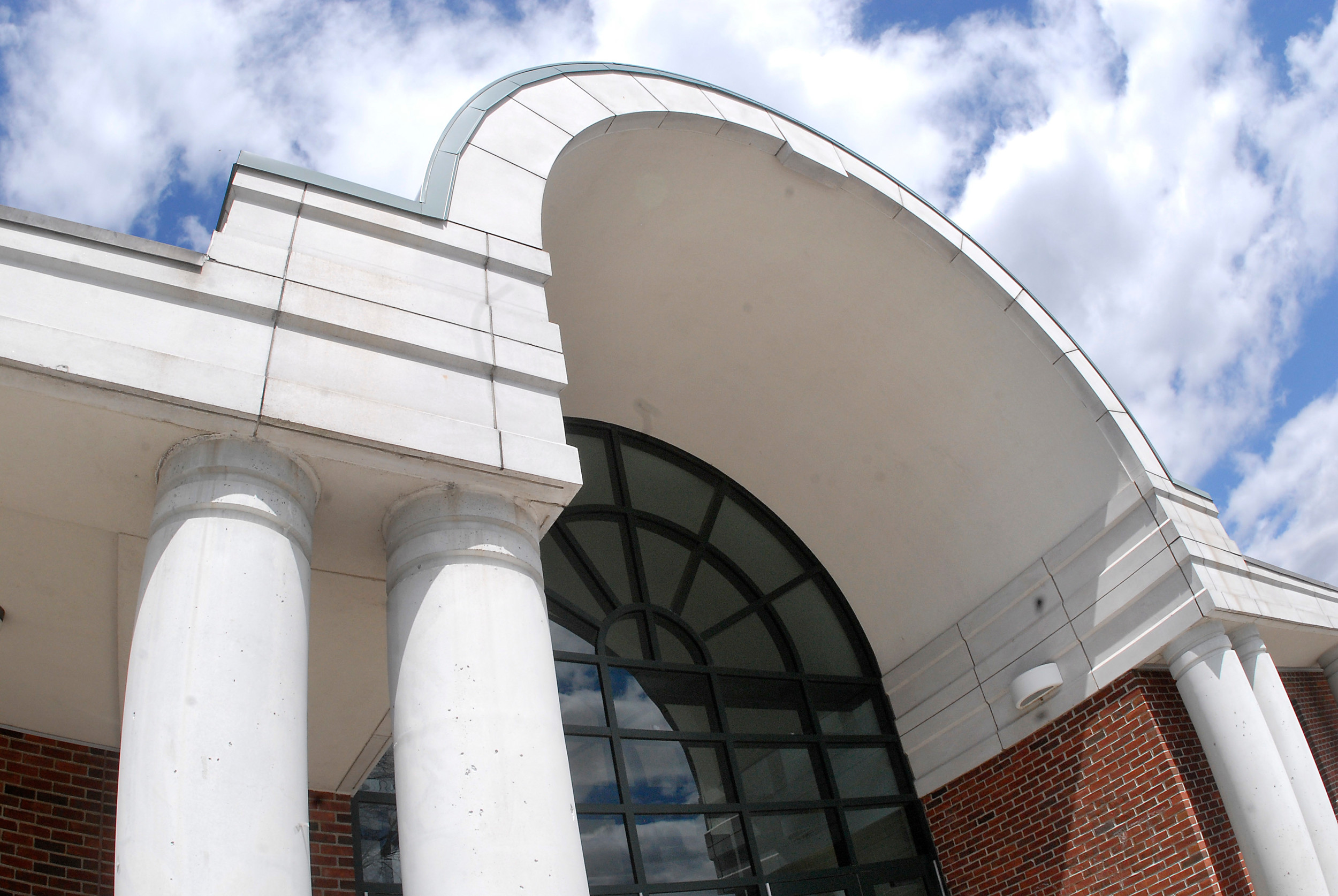A.I. in Barrington schools: We need a policy
Artificial intelligence will be part of academic integrity policy
Last year, a group of Barrington High School students handed in their papers and learned a short time later that their work had been flagged — a computer program determined that the students …
This item is available in full to subscribers.
Please log in to continue |
Register to post eventsIf you'd like to post an event to our calendar, you can create a free account by clicking here. Note that free accounts do not have access to our subscriber-only content. |
Day pass subscribers
Are you a day pass subscriber who needs to log in? Click here to continue.
A.I. in Barrington schools: We need a policy
Artificial intelligence will be part of academic integrity policy
Last year, a group of Barrington High School students handed in their papers and learned a short time later that their work had been flagged — a computer program determined that the students had used an artificial intelligence program to write portions of their papers.
The students and their families protested and a closer examination revealed that the students were not to blame. Instead, the program used by the students to check their grammar and sentence structure had evolved and was triggering the alert.
Meanwhile, a second group of Barrington High School students had gone a step further and used ChatGPT, an artificial intelligence application, to write their entire papers.
School officials are working hard to manage the use of A.I. in local classrooms, said Barrington Schools Assistant Superintendent Paula Dillon.
“Artificial intelligence was not a part of our academic integrity policy, so there was a lot of confusion at the high school about how to address what is happening,” Dillon said during a Barrington School Committee meeting in late July.
Dillon said she reached out to the Committee’s legal counsel, Aubrey Lombardo, because there was no policy regarding artificial intelligence. Committee member Megan Douglas requested that the item be discussed at a meeting.
Dillon said there is a balance to strike with artificial intelligence in the academic environment. For years, the district has been using programs that use A.I. — for example, Grammarly is designed to help students correct their grammar issues and language structure. As students type out their papers, the program underlines words and sentences that need to be corrected.
But recently teachers have grown concerned with the rapid evolution of artificial intelligence. Dillon said officials have drafted a starting point for the A.I. guidelines relating to the district’s academic integrity policy. Part of the changes will likely include a student acknowledgment specific to the use of A.I. Dillon said building administrators from the high school and middle school have been involved in the early discussions.
“We have a draft and we asked administrators to take it back to the leadership teams at their schools for feedback,” Dillon said.
Administrators will have a window of time to review the draft policy and respond with any revisions that they would like to recommend. From there, the draft policy will go to the policy subcommittee, which will review it and forward any recommendations to the Barrington School Committee.
Dillon said the student handbook will indicate that the policy is under revision and as soon as the updates are approved by the School Committee they will be added. The updates will be in place for the current school year, even though the changes will be adopted after the year has started, Dillon said.
In the meantime, Dillon and another staff member are completing coursework so that they can train local teachers on the allowable uses and applications of A.I. in Barrington classrooms.
“It’s changing so quickly,” Dillon said, about the field of A.I. She recommended that the policy be reviewed on an annual basis.
Barrington School Committee Chairman Patrick McCrann said he did not envy the challenges facing educators with the growth of artificial intelligence. He also asked if the district has included separate disciplinary measures for students found to be violating the various parts of the academic integrity policy — he asked if the punishment was different for a student found to be looking at another person’s paper versus someone improperly using artificial intelligence on an assignment.
Dillon said the policy includes a restorative justice component. She said if someone was to violate the policy an initial time and use A.I. in a way that is not allowed, the repercussions would be geared more toward instruction so that the student fully understands what is allowed and what is not.
Dillon referenced the situation that occurred last year at the high school.
“The first group of kids didn’t even know they did anything wrong,” she said.
“If anyone does a full-on ‘ChatGPT write my paper’ that’s different.”
School Committee member Frazier Bell acknowledged the rapid growth and evolution of artificial intelligence. He said there are some good uses for it.
Dillon posed a question, asking how do educators ChatGPT-proof their assignments. She said some programs are already taking steps to address the issue.
Committee member TJ Peck asked if the policy carves out a provision allowing educators to clearly prohibit the use of artificial intelligence applications when giving assignments. Douglas said the online tools are designed to allow students to check their work before turning it in to teachers.
Dillon referenced a program called “Turn It In,” which is designed to check students’ work. She said it has two pieces — one detects where A.I. was used, while the other piece identifies cases of “straight-up plagiarism.” Dillon recommended that the district consider using some of the tools made available through the Turn It In platform. She also suggested the district check with universities and colleges to see how those institutions are addressing the A.I. challenge.
There should be an effort to identify what benefits are coming from artificial intelligence, Dillon said, and not just fear it outright in the classroom.






